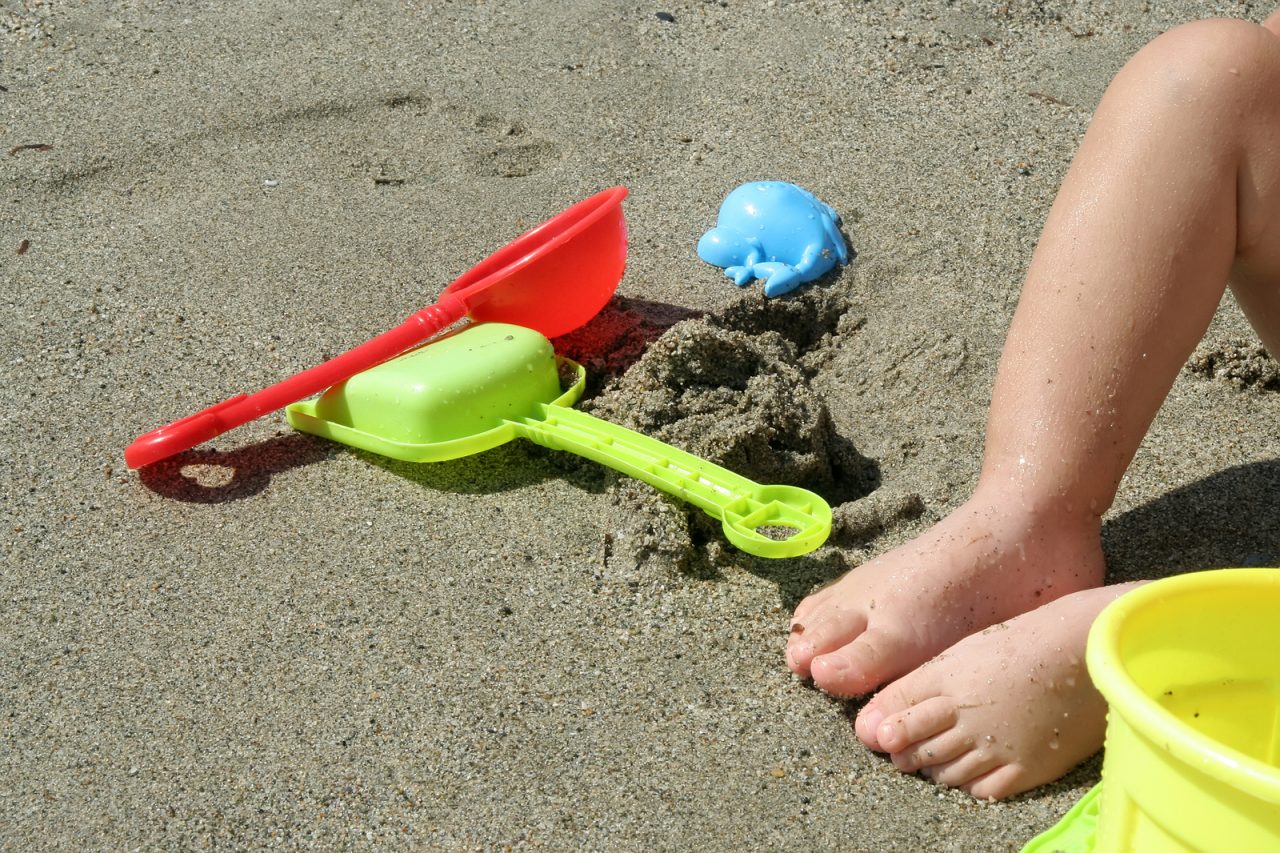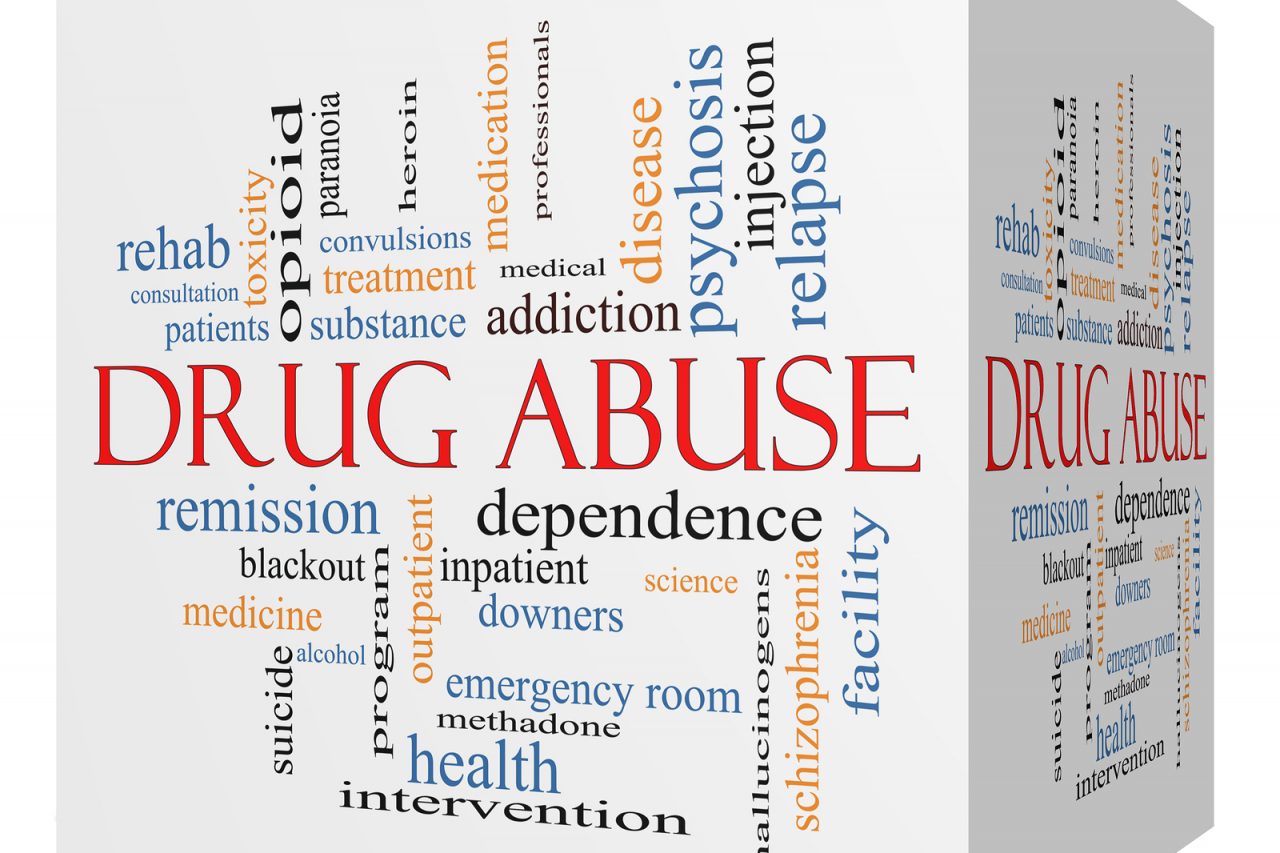Among hospice staff, it is called “getting it.” One says, “He doesn’t get it,” “I think she gets it,” or “they definitely get it.” It is a little hard to define, but as with pornography, you know it when you see it. Nonetheless, given the importance of “getting” good end-of-life care, let us take a moment to try and explain.
The 92-year-old patient is bleeding into her head, but has blood clots in her lungs. She suffers from advanced heart disease and has been on both a respirator and dialysis for three weeks. She is failing as, like flimsy rowed dominos, vital systems collapse. Her chance of surviving the hospitalization is less than one in a hundred.
Despite death lurking, just another complication away, this nonagenarian is treated with maximal, aggressive, unrestrained care. She is not only full code (when her body stops they will pound on her chest and pour joules of electricity into her broken heart), but she is receiving over 30 different medications, a list which grows as medical complications breed new catastrophes, everyday.
The doctor running this case does not “get it.” He acts as if he does not realize that everyone dies. He has completely failed to provide merciful, honest care and instead has set up a plan to maximize suffering, compound confusion, amplify futile intervention and guarantee out-of-control costs that will bankrupt the family. While, the patient and family bear the responsibility for key life decisions, the “healer” has set up a ridiculous, unethical and incredibly common system of care.
Other doctors are just beginning to “get it.” This rapidly expanding group is the basis for the increasing use of expert end-of-life consults. They are halfway there; they understand that everyone dies, but are not sure what to do about it.
Ellen has metastatic lung cancer and came to see me to prescribe medical marijuana. The cancer has spread and between the disease and chemo-neuropathy, she is having a great deal of pain. Her doctor does not know how to keep her comfortable and therefore has not set up a long-term plan.
To his credit, the doc has referred Ellen not only to me, but also to hospice for consult regarding an end-of-life plan. She is still “full code,” meaning no absolute hard line in the sand has been drawn to prevent excessive care, but he has started her in the right direction. He “gets” that mercy at the end-of-life is important and is using the specialty of Palliative Medicine to compensate for his own limits.
The other night I got a page from a patient of one of my partners. When I brought up the file in our electronic medical record, I found that the patient is a 68-years-old ex-cop with kidney cancer, a small amount of which has spread to one lung. While this cancer is a chronic and eventually fatal disease, his short-term (months, even years) prognosis is quite good.
What interested me, was the notation in his file that said, “Patient is DNR (do not resuscitate) and does not want extraordinary measures of life support.” This is a notable order because this patient feels completely well; in fact he was calling from California, while traveling.
This is a doctor who “gets it.” When it was discovered that this patient has a lethal disease, the oncologist led a serious and frank discussion.
“You have a cancer for which there is no known cure. You only have a very small amount of cancer, but it is now chronic. We have exciting new therapies, which should help. However, you will eventually die from this cancer. You and your family need to consider what you want done when the disease gets worse. Is there a line you would not cross? Is there therapy you do not want? For example, would you want to be put on a breathing machine or have CPR? This is your decision, and we will support whatever path you follow, but it is important that you consider your choices.”
“Getting it,” means that patients receive the honesty, confidence and respect to control their own lives. Not false hope, but the chance to cope with one of the hardest realities of life.
“It is your life. As your doctor, my job is to guide, not order or command. It is about you, not me. You are the patient. I am the teacher and healer.”
With the increasingly complex, confusing, and expensive nature of medical care, it is more important than ever that doctors “get it.” They must accept that the enemy is not death; the enemy is needless suffering. They must understand the limits of their role. They must appreciate and respect the strength of their fellow man and the rights of every patient to choose their destiny.
The final part of life is about being alive, not about death. Only by seizing those precious moments, deciding our own fate, can we hope for quality, comfort and dignity.







5 Comments